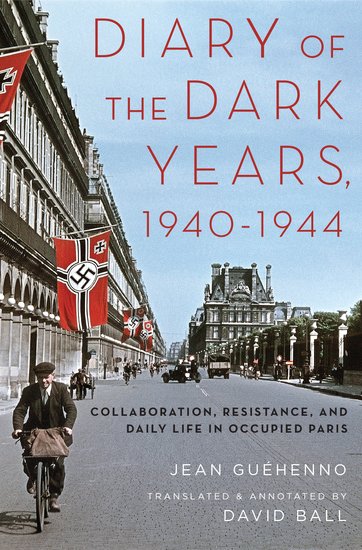Remembering 100 years: Fashion and the outbreak of the Great War
In August 2014 the world marks the 100th anniversary of the outbreak of the First World War. A time of great upheaval for countless aspects of society, social, economic and sexual to name a few, the onset of war punctured the sartorial mold of the early 20th century and resulted in perhaps one of the biggest strides to clothing reform that women had ever seen.






